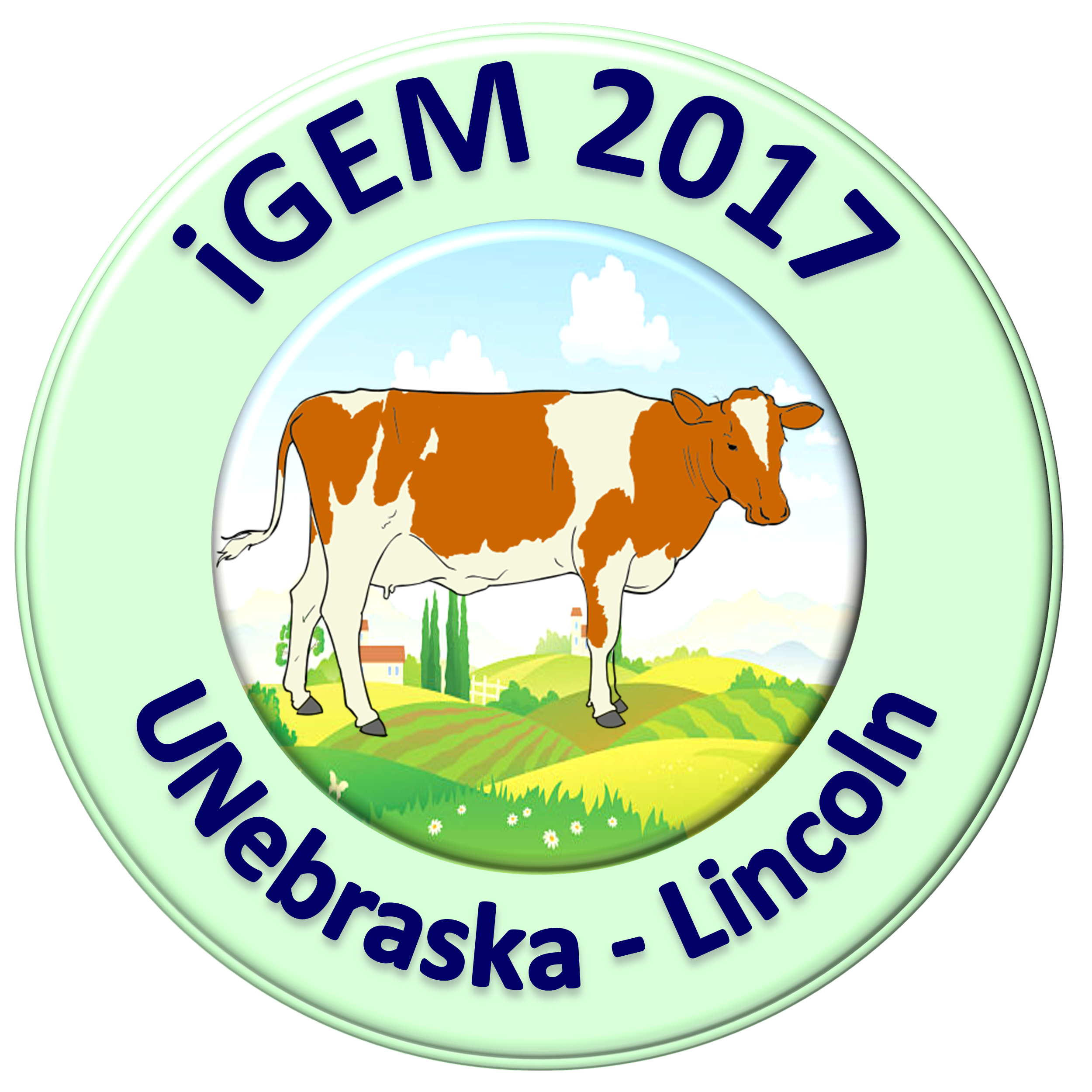Potsdam
With the iGEM team from Potsdam we had a Skype call, since their project showed some similarities to ours. In their first abstract, they were going to investigate two approaches for metabolic channeling, one of which included the usage of liquid liquid phase separation.
Excited about the fact that we found a project similar to ours, we decided to set up a Skype call. We talked about our projects and exchanged some ideas about Human Practices. Since the project of Potsdam is also more foundational, they also struggled somewhat with explaining it to people. They gave us the tip to work towards a good application, which makes it easier to explain it to people. Furthermore, we gave them some tips about working with the WIKI in HTML and CSS and offered to simulate their system with our modeling approach. They set us up with a contact person who delivered us as much information as possible of their system needed for the model.
After the summer we had some other Skype calls to talk about our progress and the WIKI teams also gave some critical feedback on each others WIKI sites, which was very helpful. After hard work from our modeling team, our model was up and running for our system. But, to really show the adaptiveness of our model we also modeled the project of the iGEM Potsdam team. For them, it’s also nice to have a model of their project, since they do not have much modeling experience. The model gave them a better and more detailed understanding of the inner workings of their project. Besides collaborating on the modeling and the WIKI, we also agreed to help each other during the Grand Jamboree by being present at each other’s practice session to provide some last feedback.
Excited about the fact that we found a project similar to ours, we decided to set up a Skype call. We talked about our projects and exchanged some ideas about Human Practices. Since the project of Potsdam is also more foundational, they also struggled somewhat with explaining it to people. They gave us the tip to work towards a good application, which makes it easier to explain it to people. Furthermore, we gave them some tips about working with the WIKI in HTML and CSS and offered to simulate their system with our modeling approach. They set us up with a contact person who delivered us as much information as possible of their system needed for the model.
After the summer we had some other Skype calls to talk about our progress and the WIKI teams also gave some critical feedback on each others WIKI sites, which was very helpful. After hard work from our modeling team, our model was up and running for our system. But, to really show the adaptiveness of our model we also modeled the project of the iGEM Potsdam team. For them, it’s also nice to have a model of their project, since they do not have much modeling experience. The model gave them a better and more detailed understanding of the inner workings of their project. Besides collaborating on the modeling and the WIKI, we also agreed to help each other during the Grand Jamboree by being present at each other’s practice session to provide some last feedback.

Postcard Exchange
From iGEM team Duesseldorf Cologne 2017 we were invited to participate in this year’s Postcard Exchange. Last year seven iGEM teams from Germany decided to join this Exchange and this year teams from all over Europe have joined! Since iGEM is not only about lab work but also about spreading the knowledge about synthetic biology into society, each team was asked to make a postcard depicting their project or more general a subject from synthetic biology. On the back of the postcard, a small informational text can also be found. This was a very easy and fun way to incorporate outreach into our project! Every team also received a batch of postcards from all the other participating teams. It was very interesting to see the postcards from the other teams and made us curious for the presentations at the Giant Jamboree.

Franconia
Together with the iGEM team Franconia, we made a biological themed cardgame. They made an English version of this game and together with other teams we translated it. We made a Dutch version of this game. If you want to play this nice game you can download the cards here. We also have a Dutch version of the rules, which can be found here. If you prefer the English version, the cards can be found here and the rules can be found here.
Waterloo
Additionally we answered a survey from the Waterloo iGEM team. This survey was about the customizability and price of current lab materials. It was aimed to see if 3D printing was a good solution to overcome financial problems which might limit teams in their performance.
Nebraska
We also answered a survey from iGEM team UNebraska-Lincoln. This survey was about methane production in cattle and the responses helped them with their project. If you want to know more, visit their
website.







